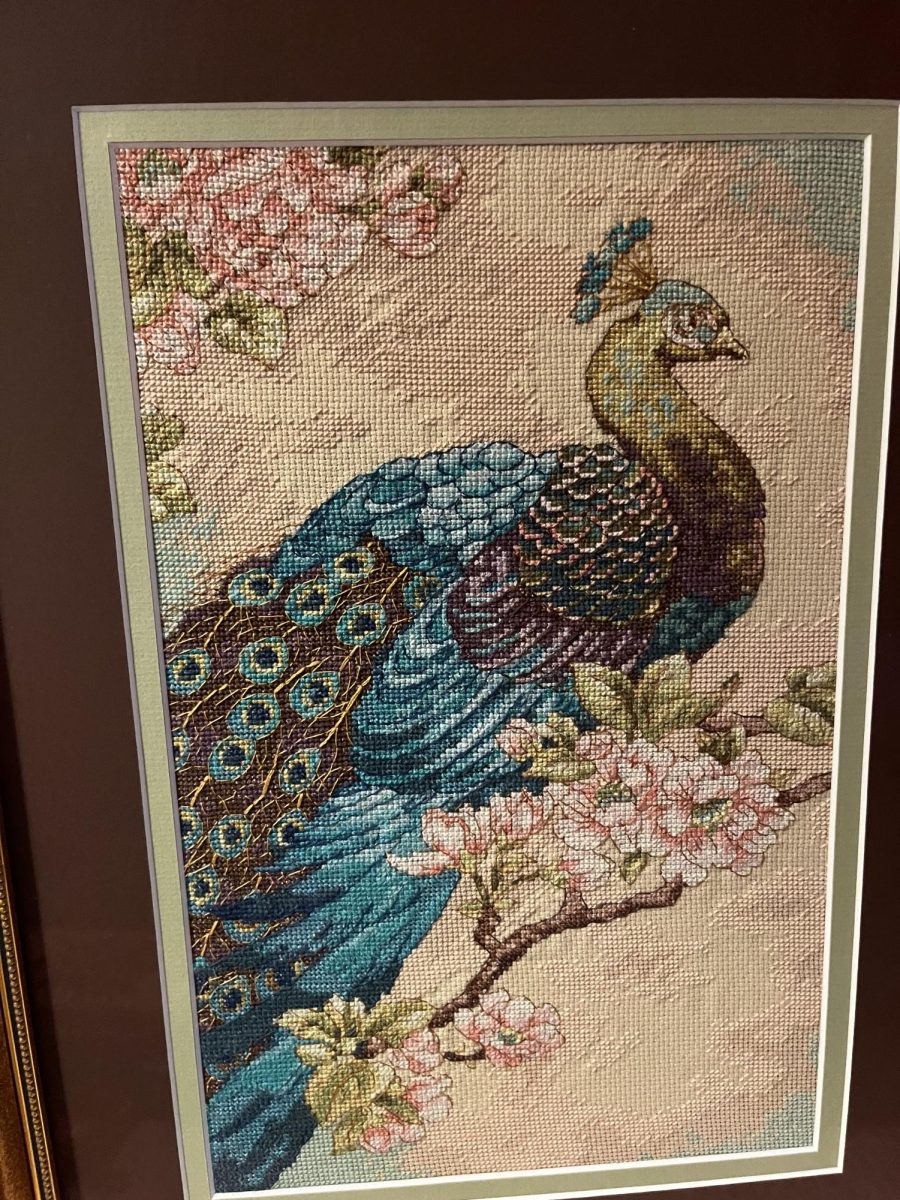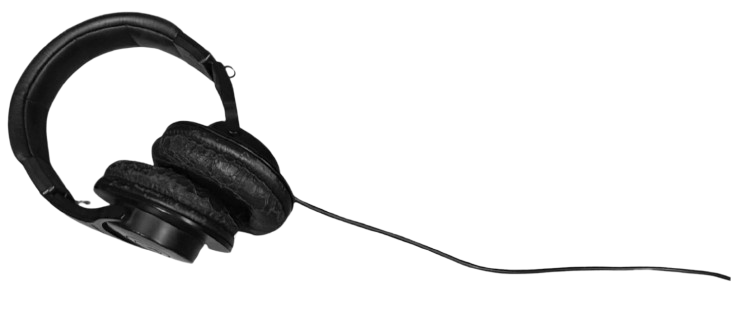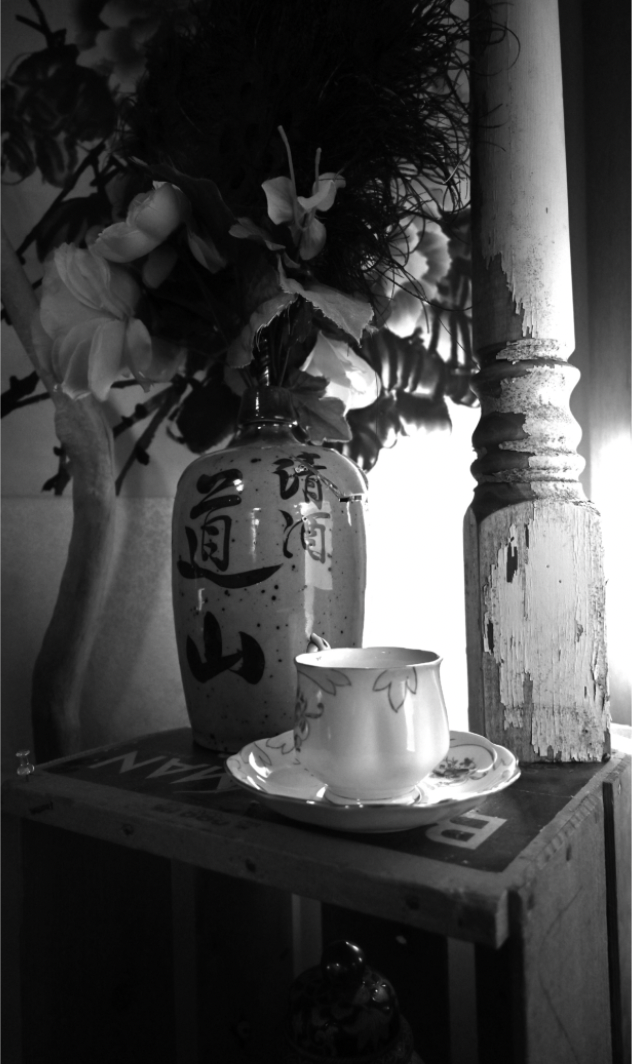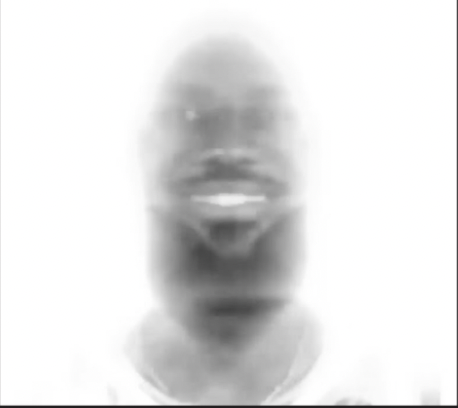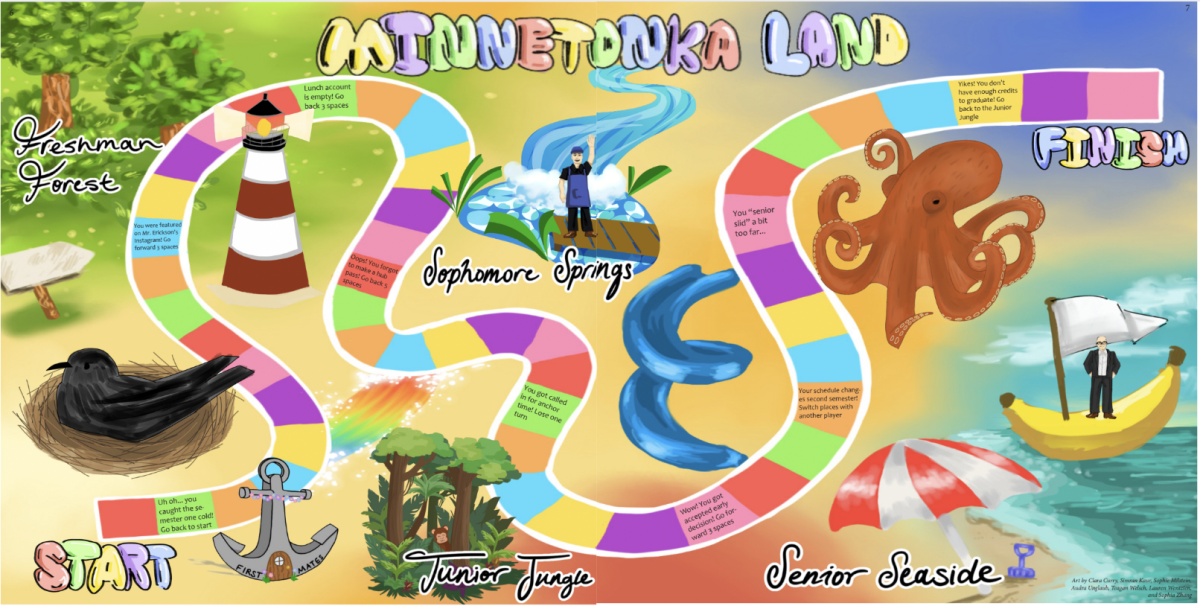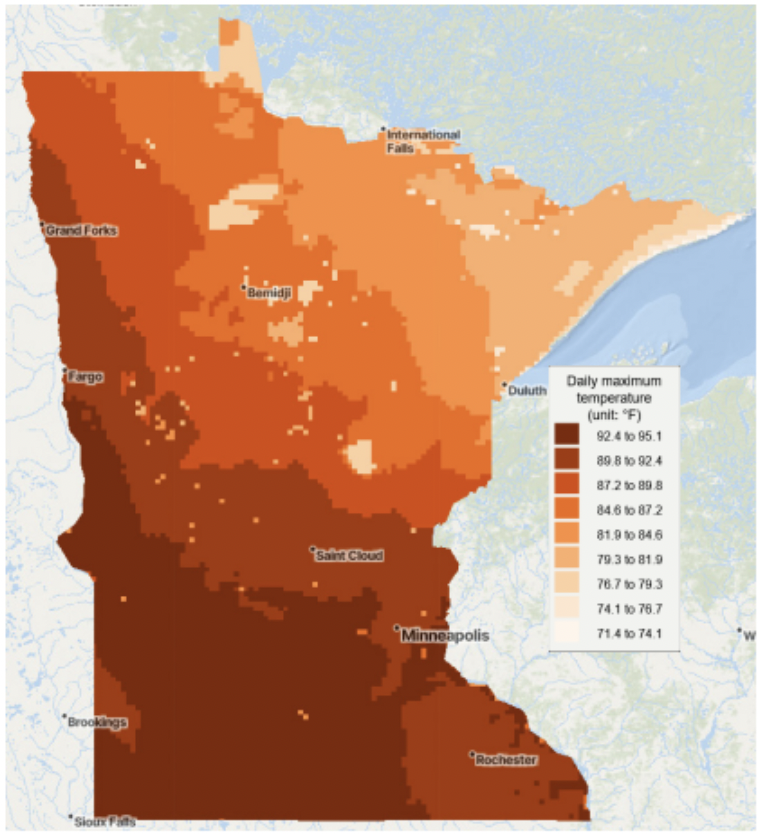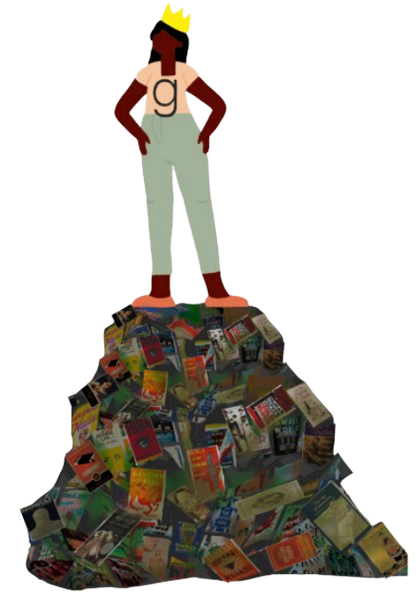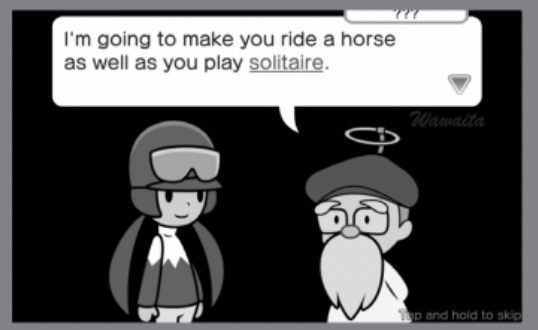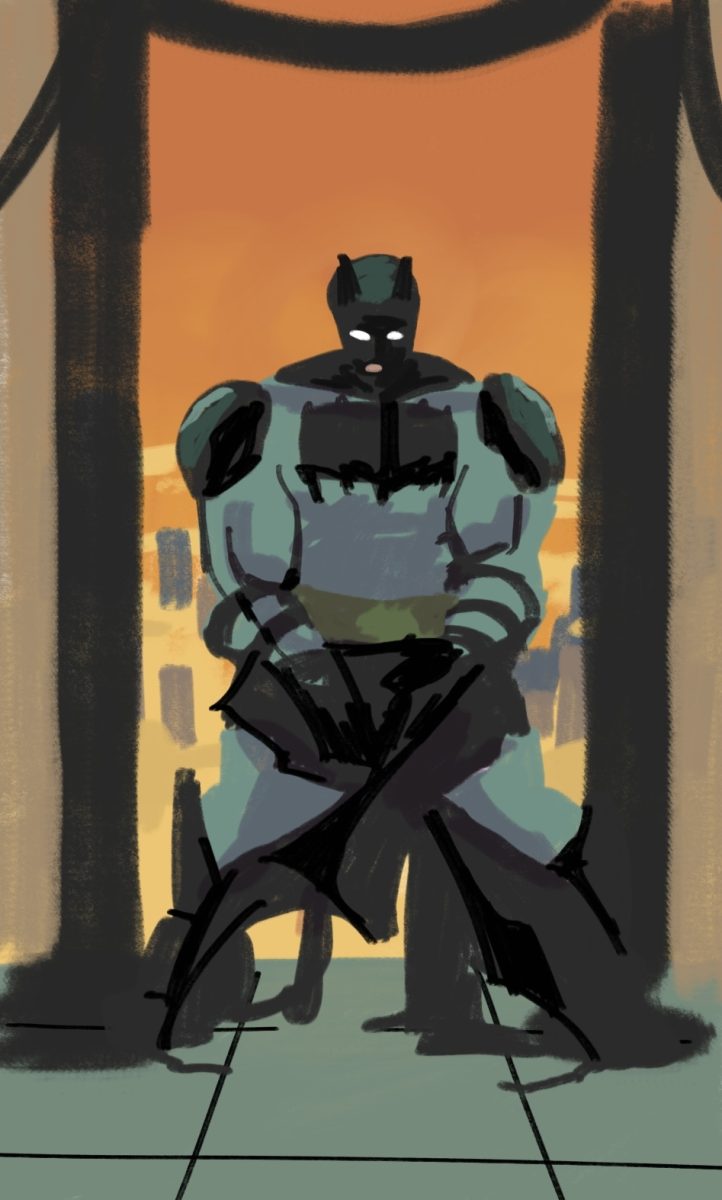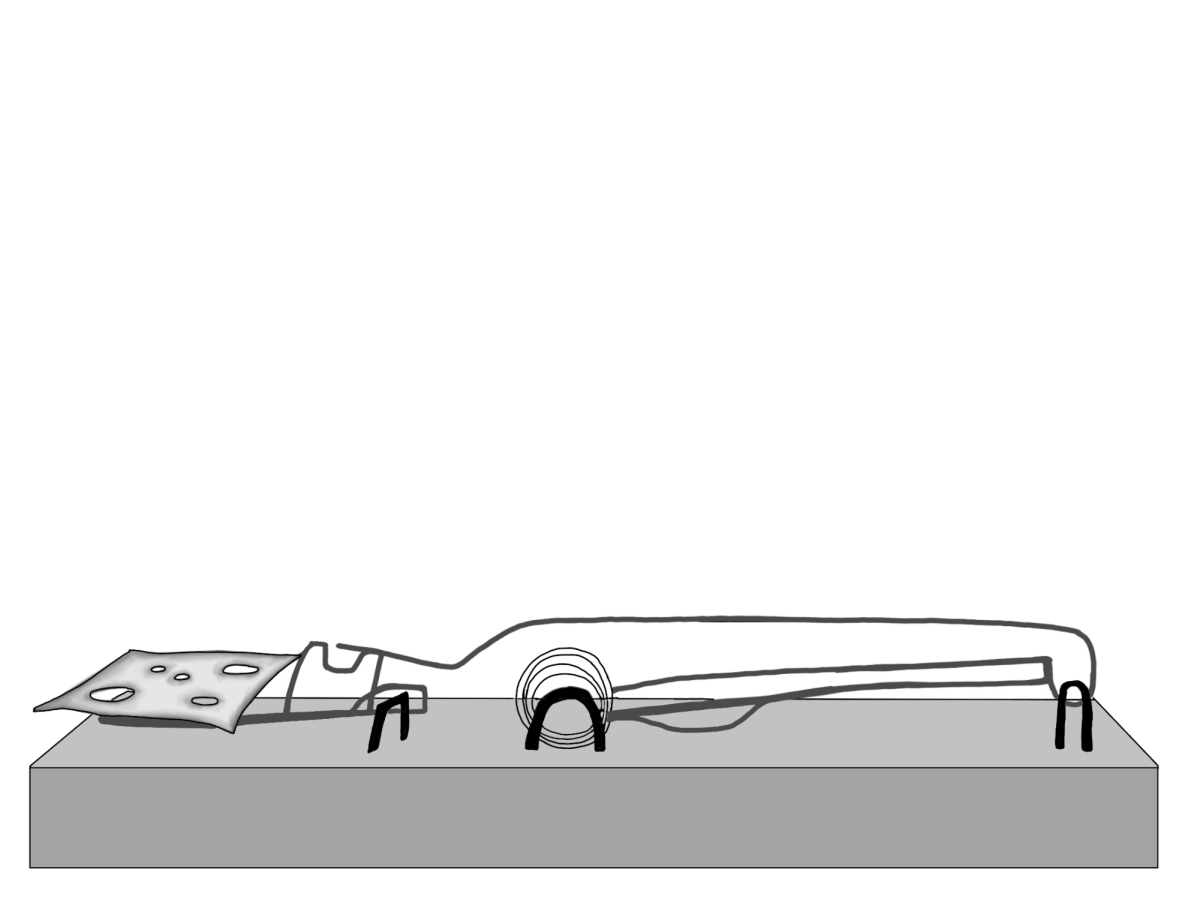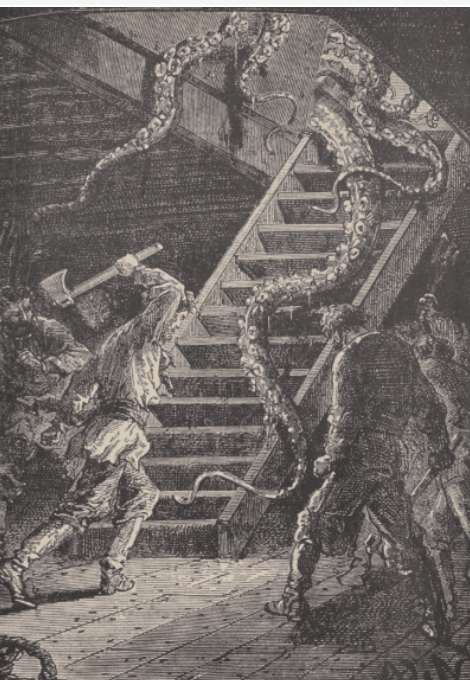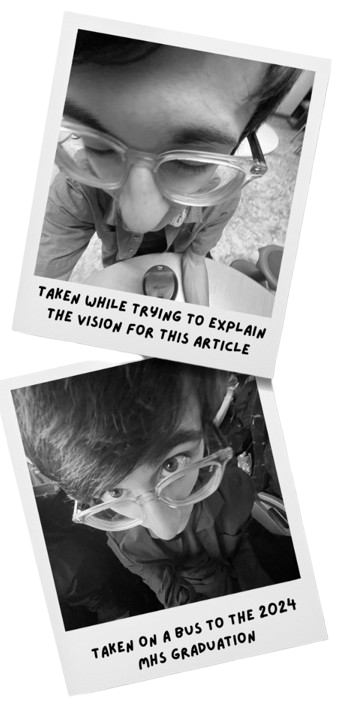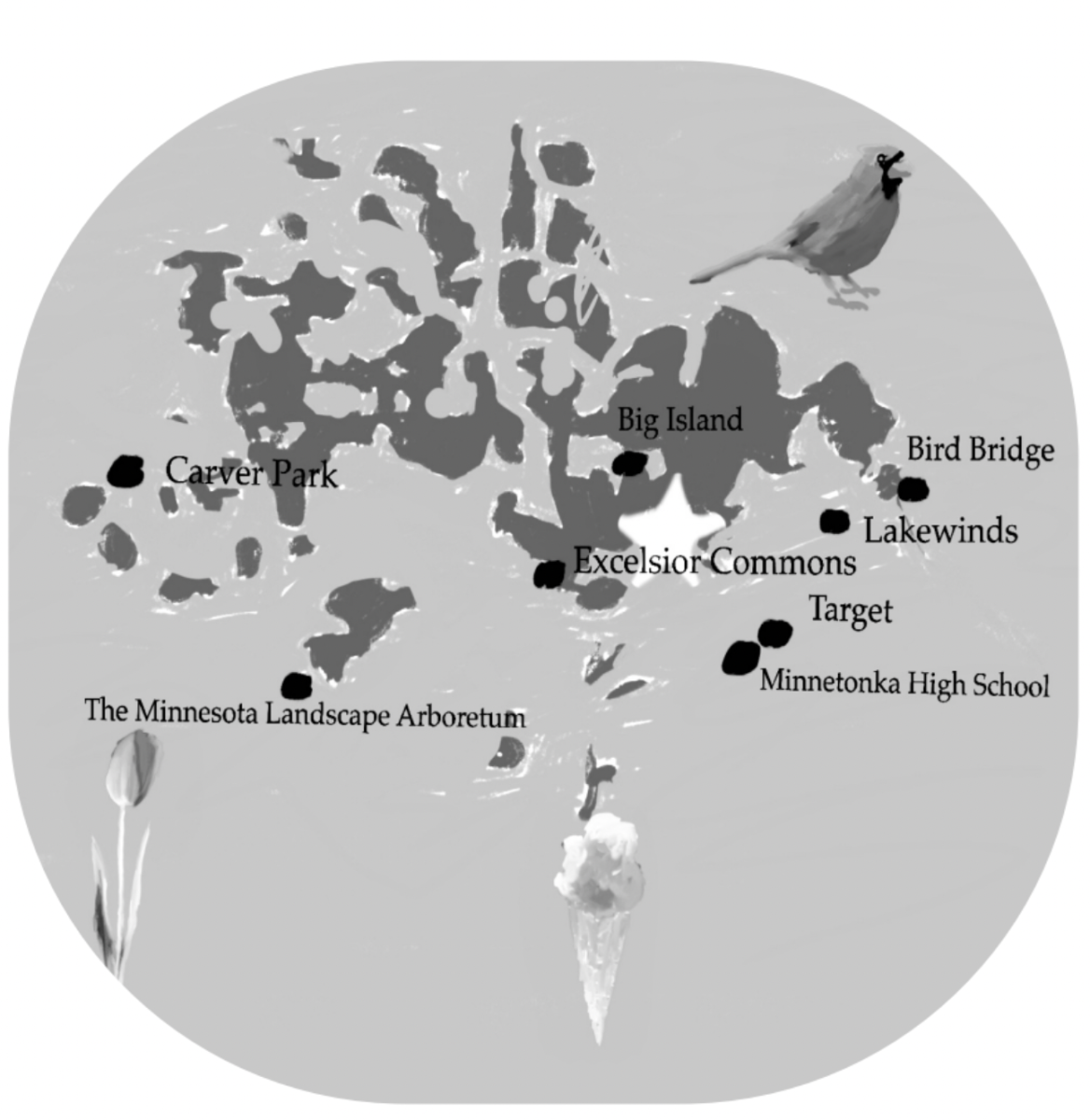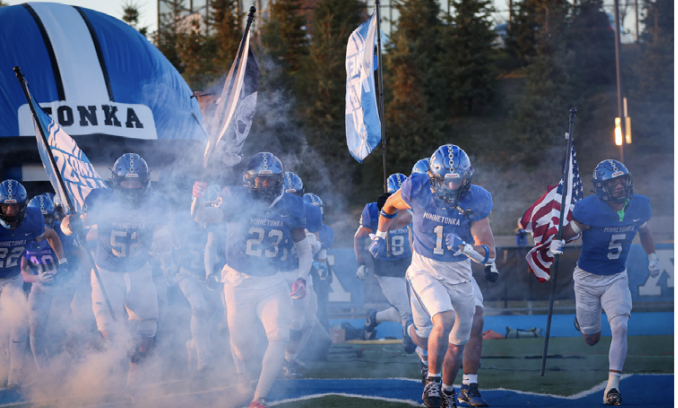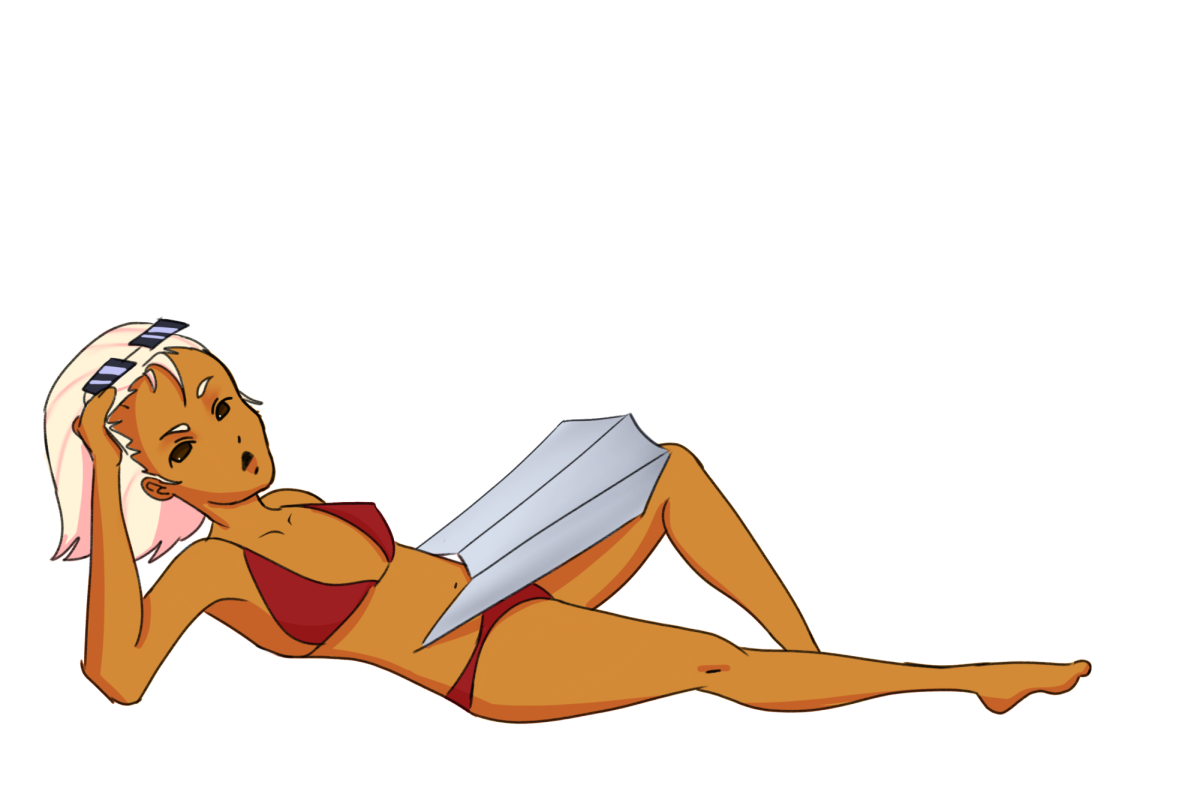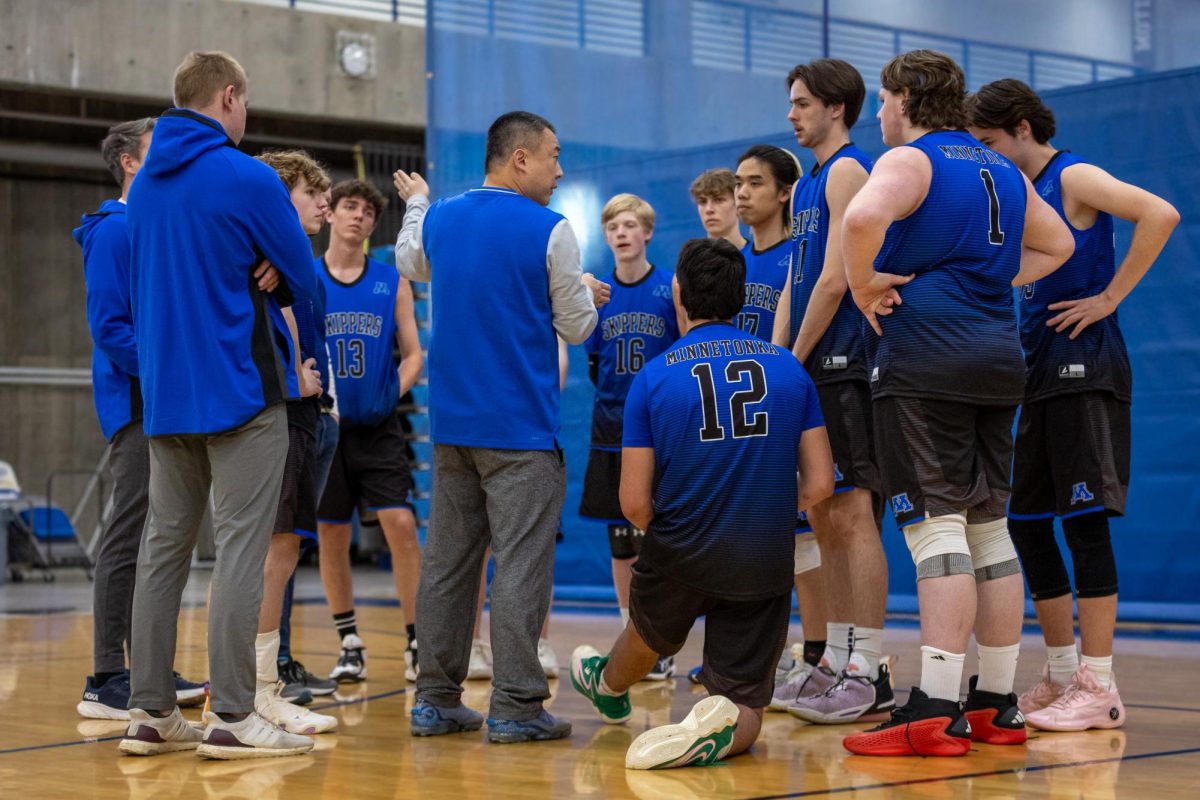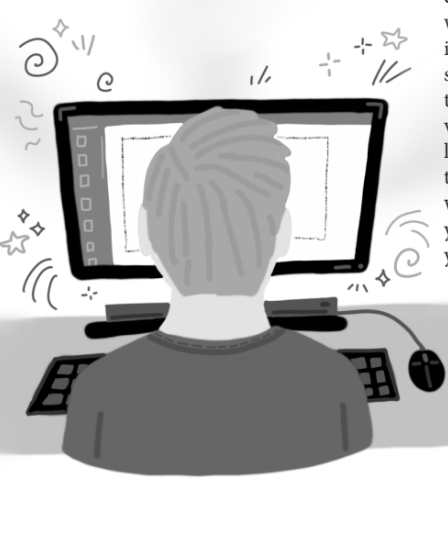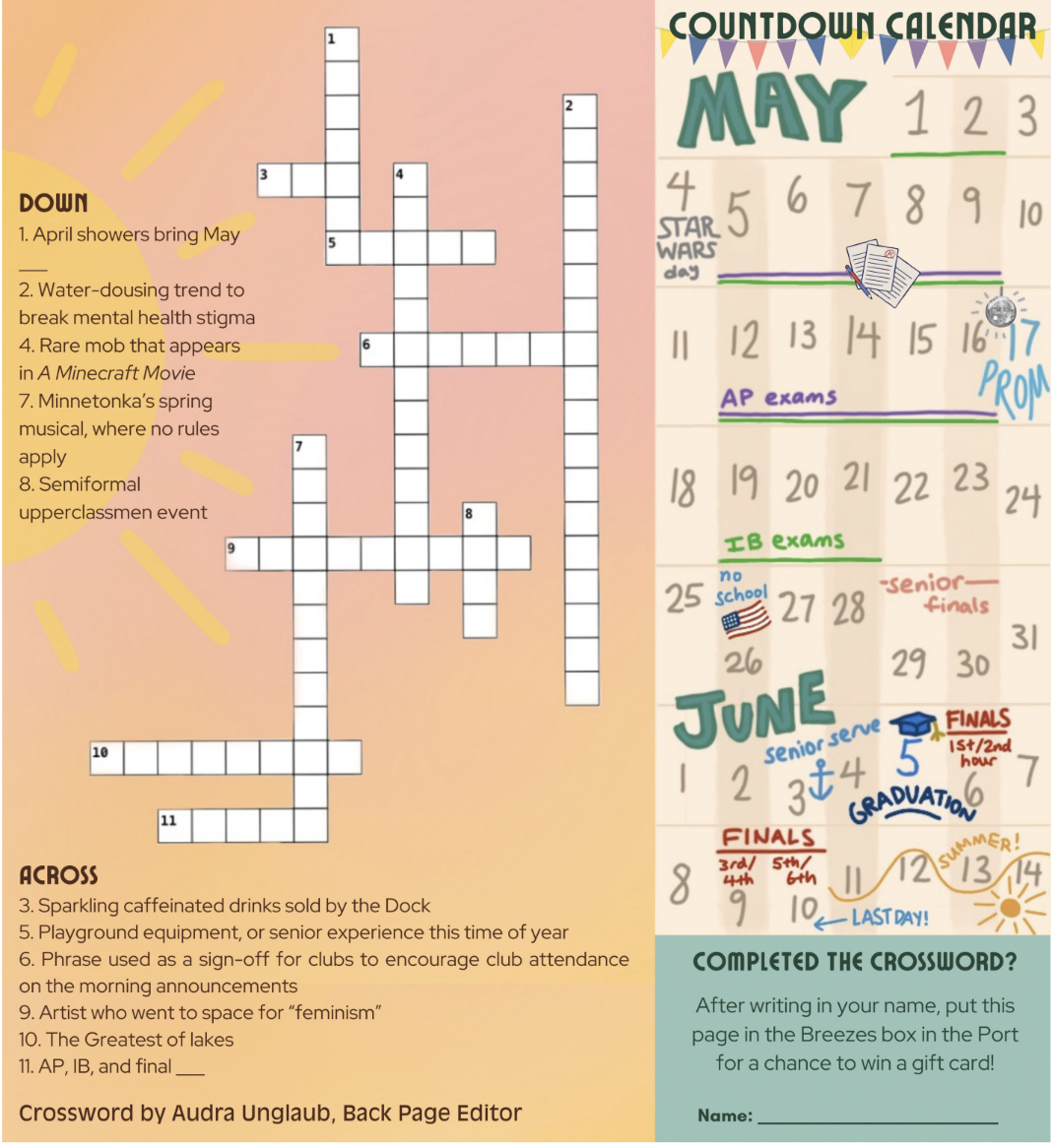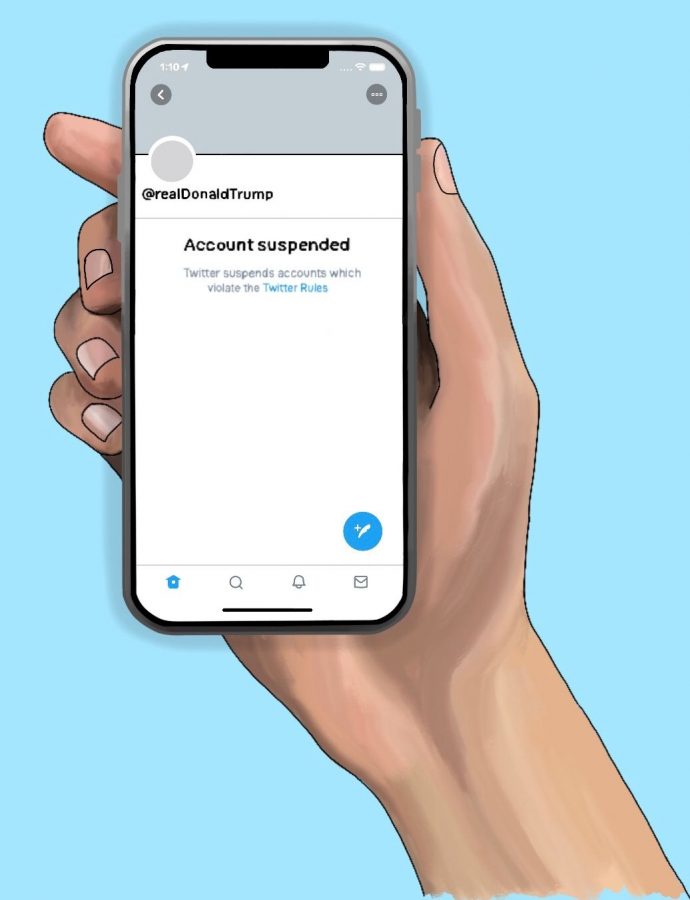Trump’s ban from Twitter: How much power do large social media platforms actually hold?
February 12, 2021
Two days after the violent riot from Trump-supporters at the US Capitol in Washington D.C. on January 6, 2021, numerous social media platforms such as Twitter have banned Trump and accounts supporting Trump to prevent “the risk of further incitement of violence.” Other large social media platforms that banned Trump and accounts that supported Trump and incited violence included, Facebook, Amazon, Apple, Google, Instagram, Pinterest, Reddit, Shopify, Snapchat, Tik Tok, Twitch, Discord and YouTube.
Twitter has given multiple warnings about Trump’s tweets, and many critics have put pressure on Twitter to limit the number of tweets Trump can post. The main reason Trump was still allowed to stay on Twitter as long as he was, was due to Twitter’s policy that states there is an exemption to its rules for “world leaders, candidates, and public officials.”
However, the riots at the Capitol on January 6, 2021 caused Twitter to decide to ban Trump’s account due to violation of company rules. Trump has tried to get around the ban by posting on the @POTUS account, stating Twitter silenced him and the “75,000,000 great patriots who voted for [him].” However, all posts from that account were taken down as well.
When Deepti Pillai, ‘24, was asked whether the ban was fair or not she stated, “I think it was fair as he was and had been violating Twitter’s guidelines. They had also warned him several times before he was officially banned, but, despite several warnings, he continued to violate guidelines. That is why I think it was fair.”
Pillai also said that Twitter’s reason to ban Trump was justified and “Trump did not condemn [the rioter’s] actions and…as president, he should have discouraged them, especially as his supporters.”
After Twitter permanently suspended Trump’s Twitter account, many were quick to voice their opinions on this topic. Some have said it was a violation of the first amendment, while others disagreed, saying Twitter is a private company and therefore can control their content.
Daphne Keller, an attorney and Internet law expert who leads the program on platform regulation at Stanford University’s Cyber Policy Center said that “The First Amendment is a constraint on the power of government. It doesn’t apply to Twitter.”
Section 230 of the Communications Decency Act of 1996 also gives legal protections to social media companies that prevents them from being held responsible for content posted by their users and allows them to moderate content.
Trump and many of his allies have claimed that social media companies are systematically biased against them and want the government to remove Section 230’s legal protections.
When asked about her opinion about social media platforms having the right to decide who says what, Suzanne Nossell, CEO of Pem America, said that “While [she] believe[s] the government should not be legislating what can and can’t be published on a platform like Twitter, we need far more robust protections for the public in terms of transparency: how these decisions are made, what the rules are, what the basis of adjudication is in an individual instance.”
In a survey done by Pew Research Center, 82 percent of Republicans think social media platforms have too much power compared to the 63 percent of Democrats, who think social media has too much power. In general, 72 percent of adults think large social media companies hold too much power and influence in politics, and nearly half of American adults favor more regulation of major technology companies. Google, Amazon, Apple and Facebook executives all have had to testify before Congress about their firm’s role in the economy and society. The question about exactly how much power large social media platforms have in politics still remains.

